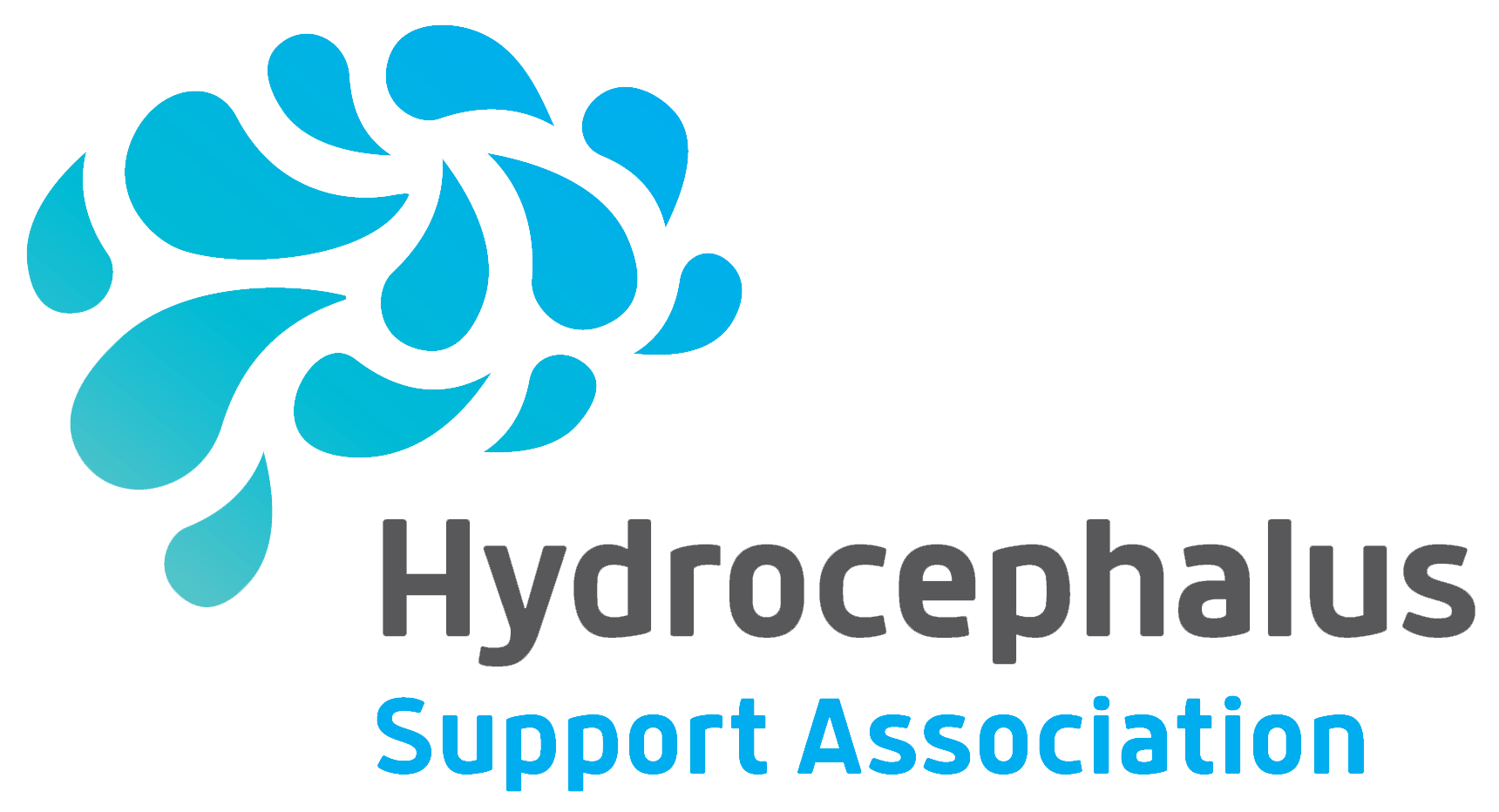Hydrocephalus as an adult

The challenges for an adult with hydrocephalus are intricate and multifaceted. The combination of physical discomfort, emotional strain, social hurdles, and relationship dynamics can create a complex landscape to navigate. Nevertheless, with appropriate support systems, awareness-raising efforts, and a resilient spirit, individuals with hydrocephalus can find ways to overcome these challenges and lead fulfilling lives.
By leveraging a combination of adaptive strategies, supportive networks, medical advancements, and a positive mindset, individuals with hydrocephalus can find avenues to navigate their journey and create a life rich in meaning and satisfaction.
Embracing opportunities
Harnessing adaptive strategies: Adaptation is key for individuals with hydrocephalus to navigate the challenges they encounter. Leveraging adaptive strategies allows them to manage symptoms, accommodate limitations, and find new ways to pursue their passions. Techniques such as time management, task prioritisation, and energy conservation can help individuals make the most of their abilities without overwhelming themselves. Embracing assistive technologies, such as mobility aids or cognitive support apps, can enhance their independence and enable them to participate more fully in various aspects of life.
Building a supportive network: A strong support network is invaluable for anyone, and for adults with hydrocephalus, it can be a lifeline. Family, friends, and loved ones who understand the challenges and offer unconditional support can provide emotional stability. Joining the HSA support groups and communities connects individuals with others who share similar experiences, fostering a sense of belonging and reducing feelings of isolation. Through shared stories and advice, individuals can gain insights and strategies for coping effectively.
Accessing medical advancements: Regular medical follow-ups and shunt maintenance ensure that any potential issues are addressed promptly, allowing individuals to maintain better health and stability. Keeping abreast of the latest medical developments empowers individuals with hydrocephalus to actively participate in their treatment plans.
Cultivating a positive mindset: A positive mindset plays a crucial role in living a rewarding life with hydrocephalus. While challenges are present, focusing on strengths and accomplishments can enhance self-esteem and overall well-being. Developing resilience and adaptability helps individuals confront setbacks with determination rather than discouragement. Practicing mindfulness and stress-reduction techniques can aid in managing anxiety and improving emotional health. By reframing difficulties as opportunities for growth, individuals can shift their perspective and find silver linings in their experiences.
Pursuing personal passions: Living a rewarding life is deeply connected to pursuing personal passions and interests. While adjustments might be necessary, individuals with hydrocephalus can identify activities that bring them joy and fulfillment. Whether it's engaging in creative hobbies, pursuing education, or participating in sports and recreational activities adapted to their abilities, embracing one's interests enhances life satisfaction. Engaging in meaningful pursuits fosters a sense of accomplishment and provides a positive outlet for self-expression.
Advocacy and awareness: By advocating for themselves and raising awareness about hydrocephalus, adults with this condition can contribute to a more inclusive society. Sharing their experiences and insights helps educate others about the challenges they face and dispels misconceptions. This advocacy can lead to improved understanding and increased support from the broader community. Moreover, advocating for research and funding contributes to advancements in treatment and support options, benefiting not only the individual but the entire hydrocephalus community.
Life challenges
Physical struggles: Adults with hydrocephalus can struggle with a range of physical challenges that stem from the condition. The increased intracranial pressure resulting from the excess cerebrospinal fluid can lead to persistent headaches, dizziness, and vision problems. These physical symptoms can significantly impede daily life, making tasks that others take for granted, such as reading or concentrating, a formidable undertaking. Moreover, motor coordination difficulties and balance issues might also manifest, affecting their ability to move around independently. This can lead to a fear of falling and injuring themselves, further limiting their mobility and autonomy.
Emotional toll: The emotional toll of living with hydrocephalus is equally substantial. The chronic nature of the condition, often requiring regular medical interventions such as shunt adjustments or replacements, can lead to heightened levels of anxiety and stress. The uncertainty of how their condition might progress, the fear of sudden complications, and the need for regular medical monitoring can contribute to a sense of vulnerability. Furthermore, the persistent physical discomfort and pain can foster feelings of frustration, helplessness, and even depression.
Social challenges: The social dimension of an adult's life with hydrocephalus can also be profoundly challenging. The unpredictability of symptoms and the potential need for sudden medical attention can disrupt daily routines and work commitments. This can result in missed opportunities, strained professional relationships, and financial instability. Additionally, the visible and invisible symptoms of hydrocephalus might lead to misunderstandings and misconceptions from others who lack awareness about the condition. Stigma and isolation can become unwelcome companions, further exacerbating feelings of loneliness and low self-esteem.
Navigating relationships: Building and maintaining relationships can be intricate for adults with hydrocephalus. Romantic relationships may encounter difficulties due to the unpredictability of symptoms and the need for understanding and support from partners. Family dynamics may shift as loved ones assume caregiving roles, altering the dynamics and potentially creating tension. Friendships can be affected as well, with the need for flexibility and accommodations often clashing with the demands of social activities.
Seeking support: While the challenges of living with hydrocephalus are undeniable, it is important to recognise that there are pathways to mitigating these difficulties. A strong support network of medical professionals, therapists, family, and friends can provide emotional assistance and practical guidance. Peer support groups and online communities can connect individuals facing similar challenges, fostering a sense of belonging and shared understanding. Embracing adaptive strategies and assistive technologies can also help individuals regain a sense of independence and control over their lives.
There are no articles in this category. If subcategories display on this page, they may have articles.
 TYPES AND CAUSES
TYPES AND CAUSES  A TO Z OF TERMS
A TO Z OF TERMS  DIAGNOSIS
DIAGNOSIS  TREATMENT OPTIONS
TREATMENT OPTIONS  YOUR TREATMENT TEAM
YOUR TREATMENT TEAM  FOR PARENTS
FOR PARENTS  FOR TEENS
FOR TEENS  FOR ADULTS
FOR ADULTS 
